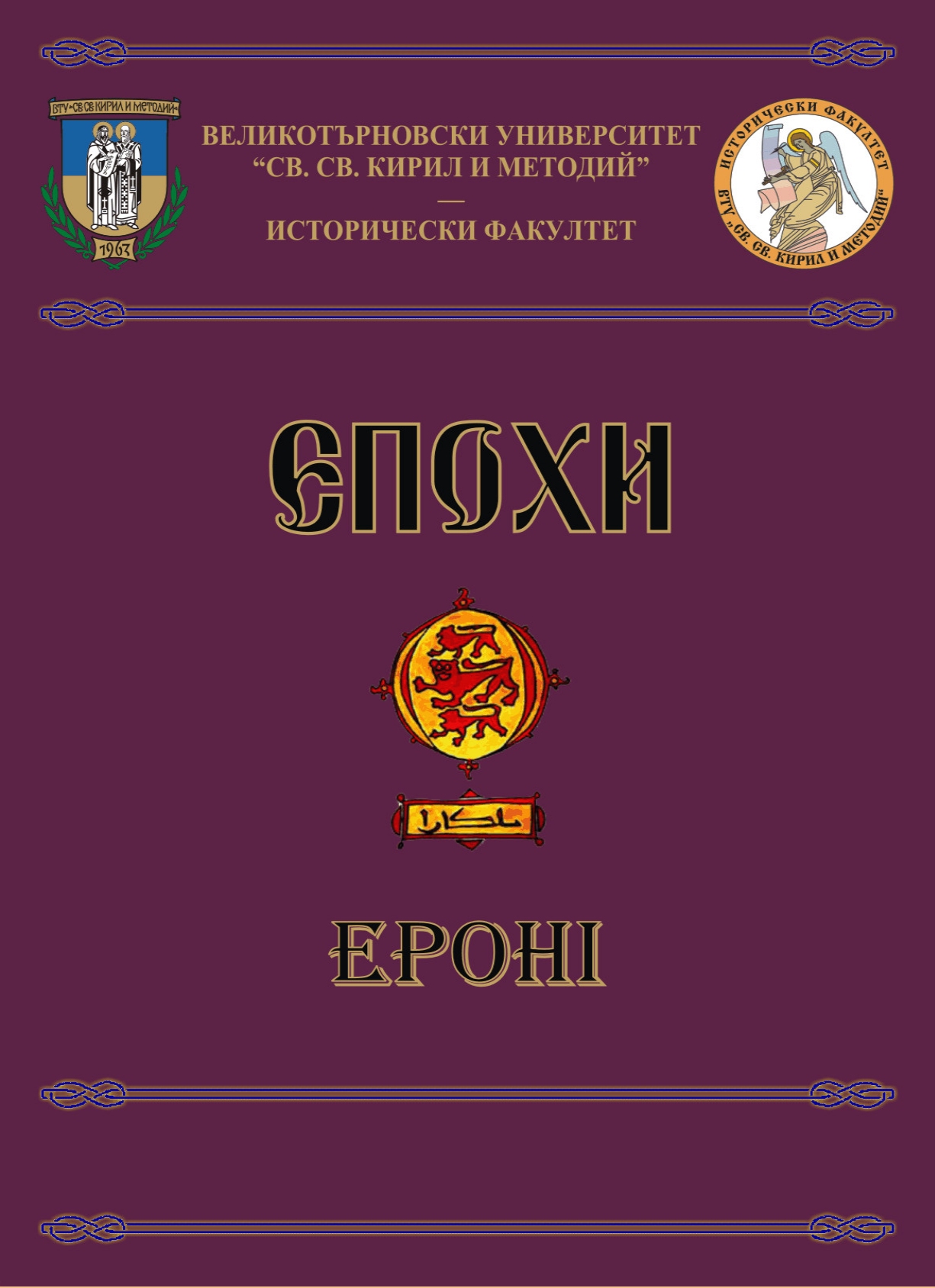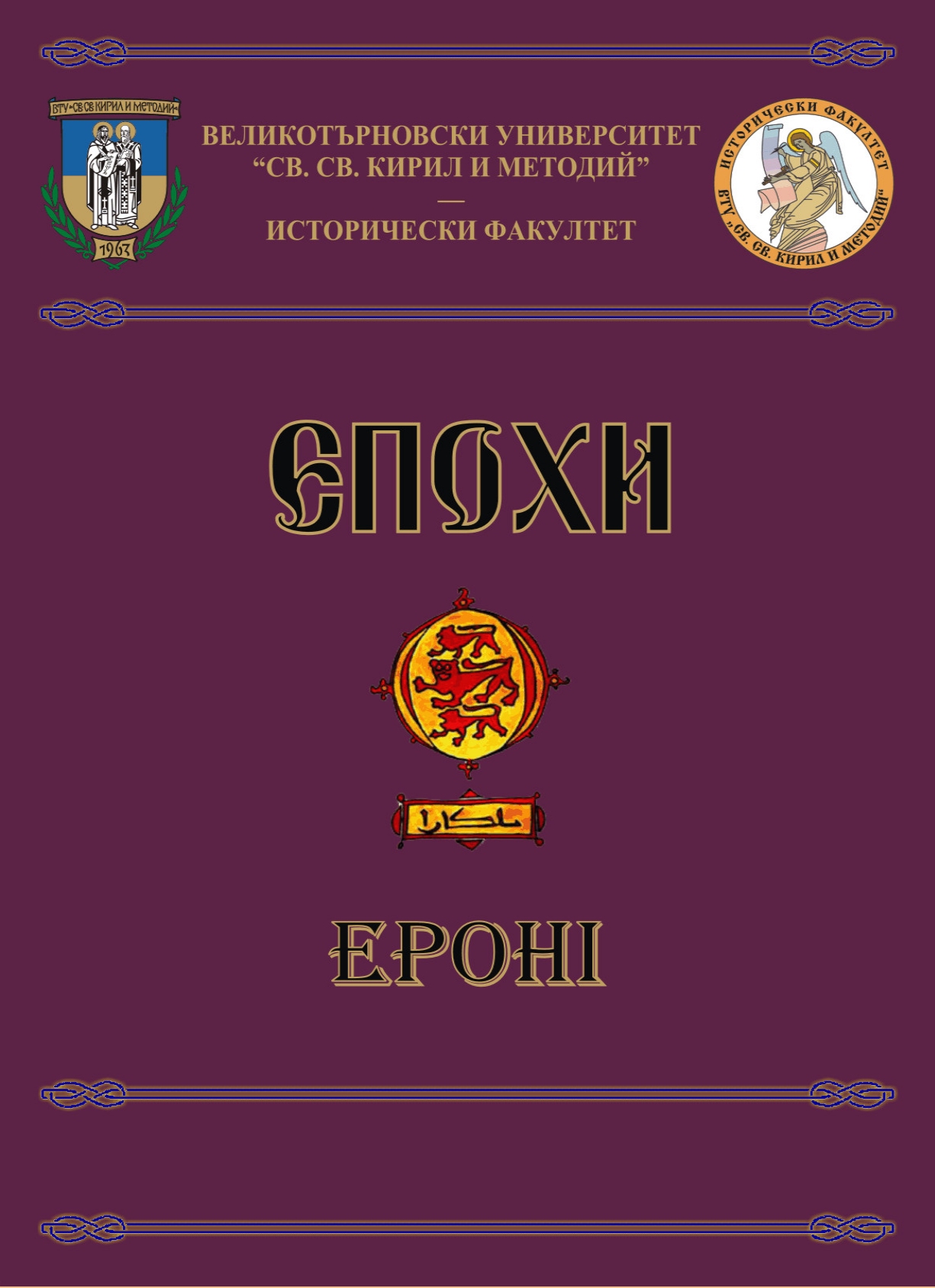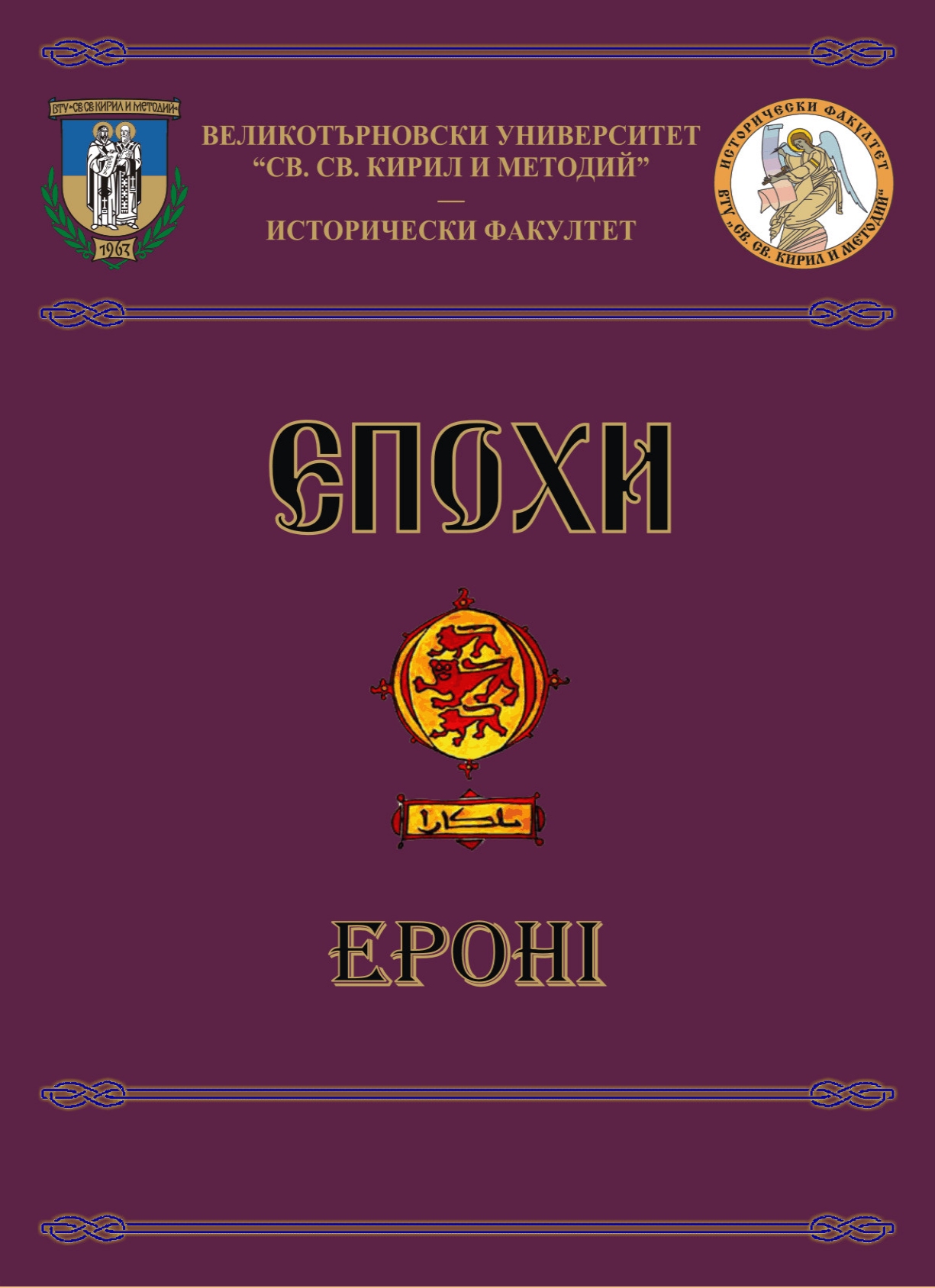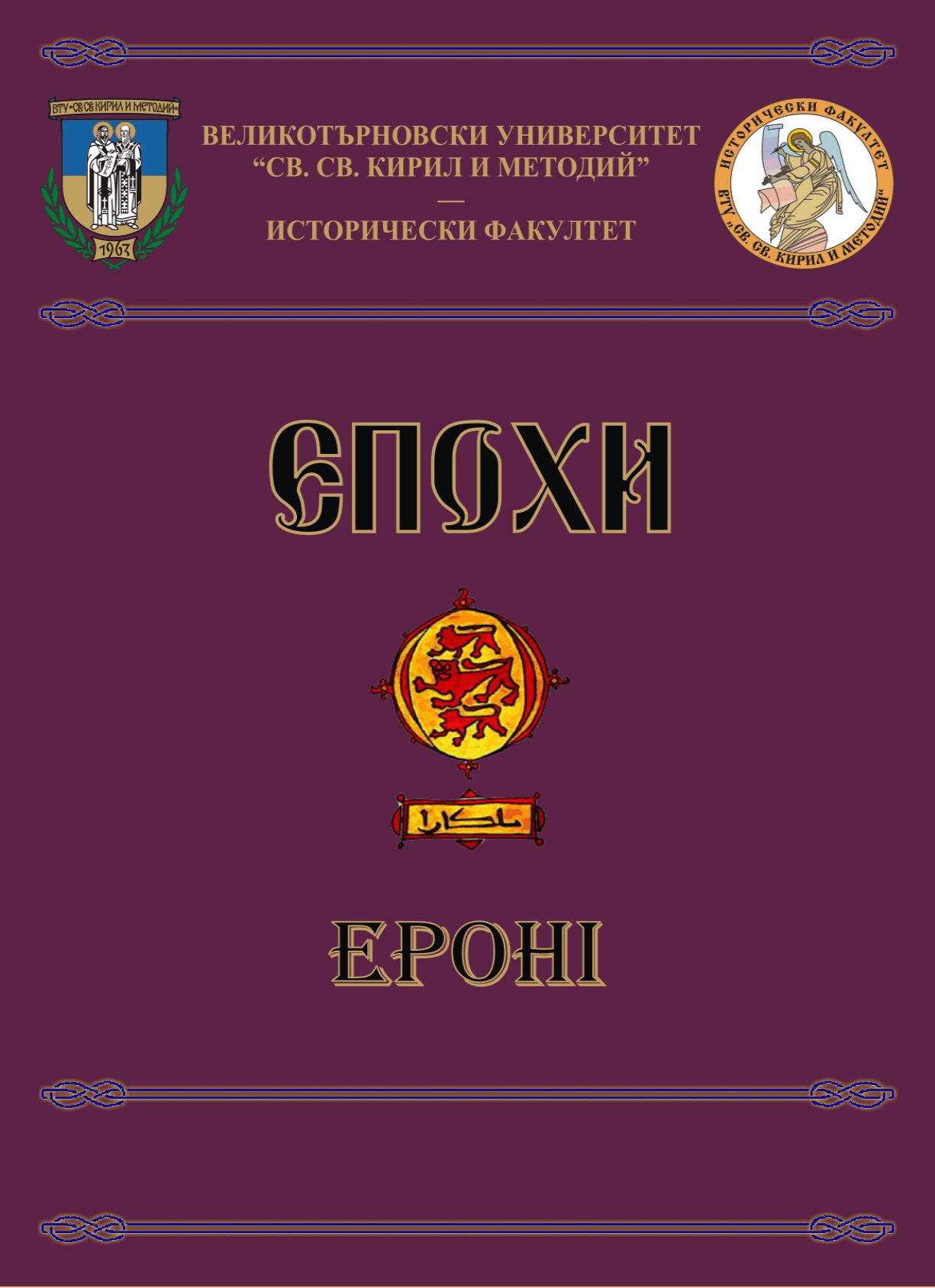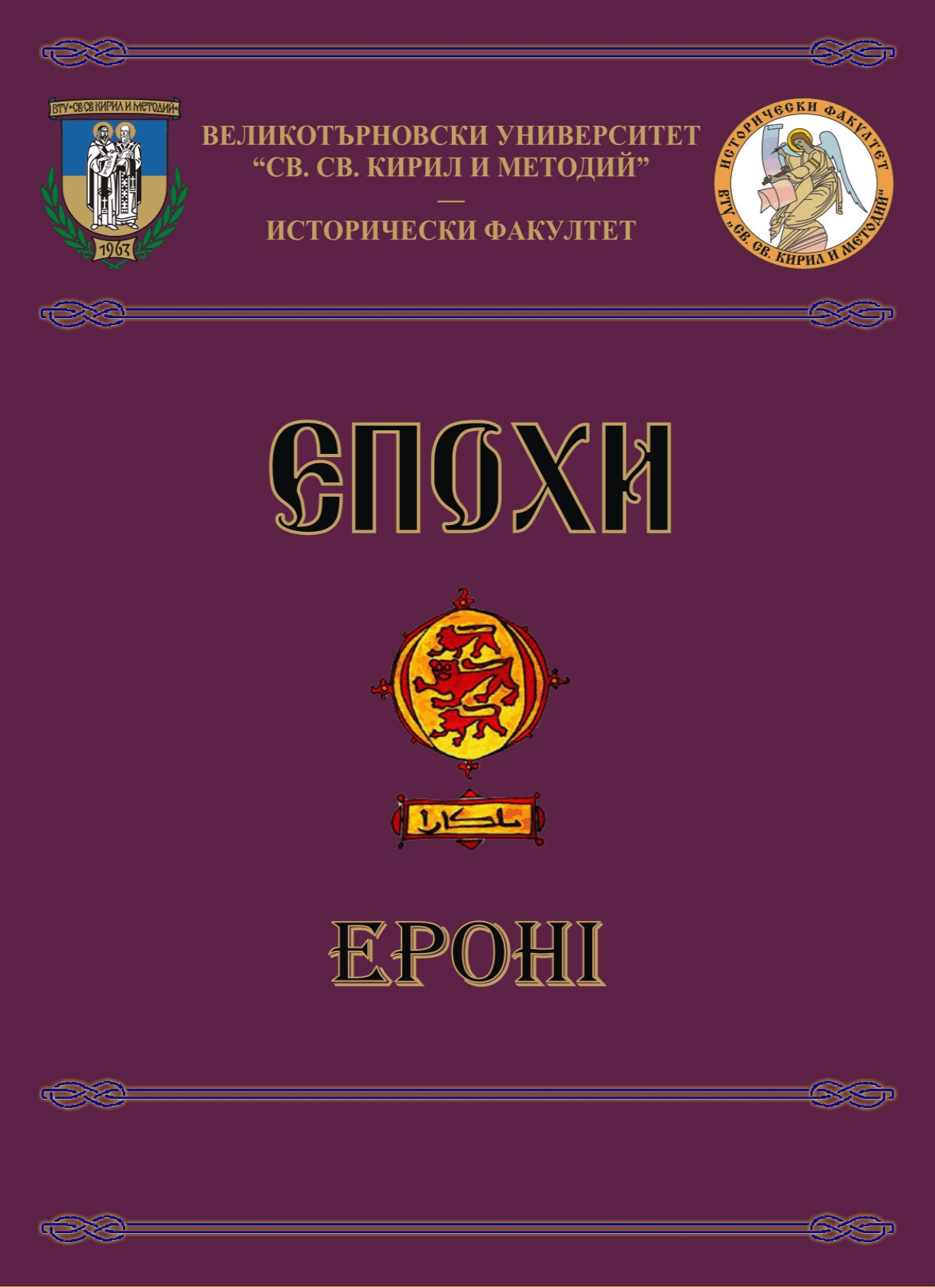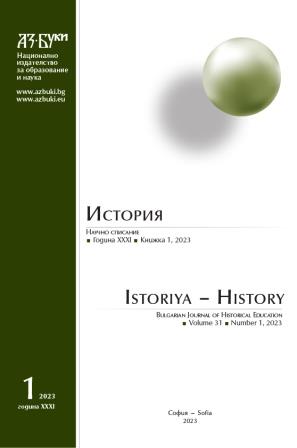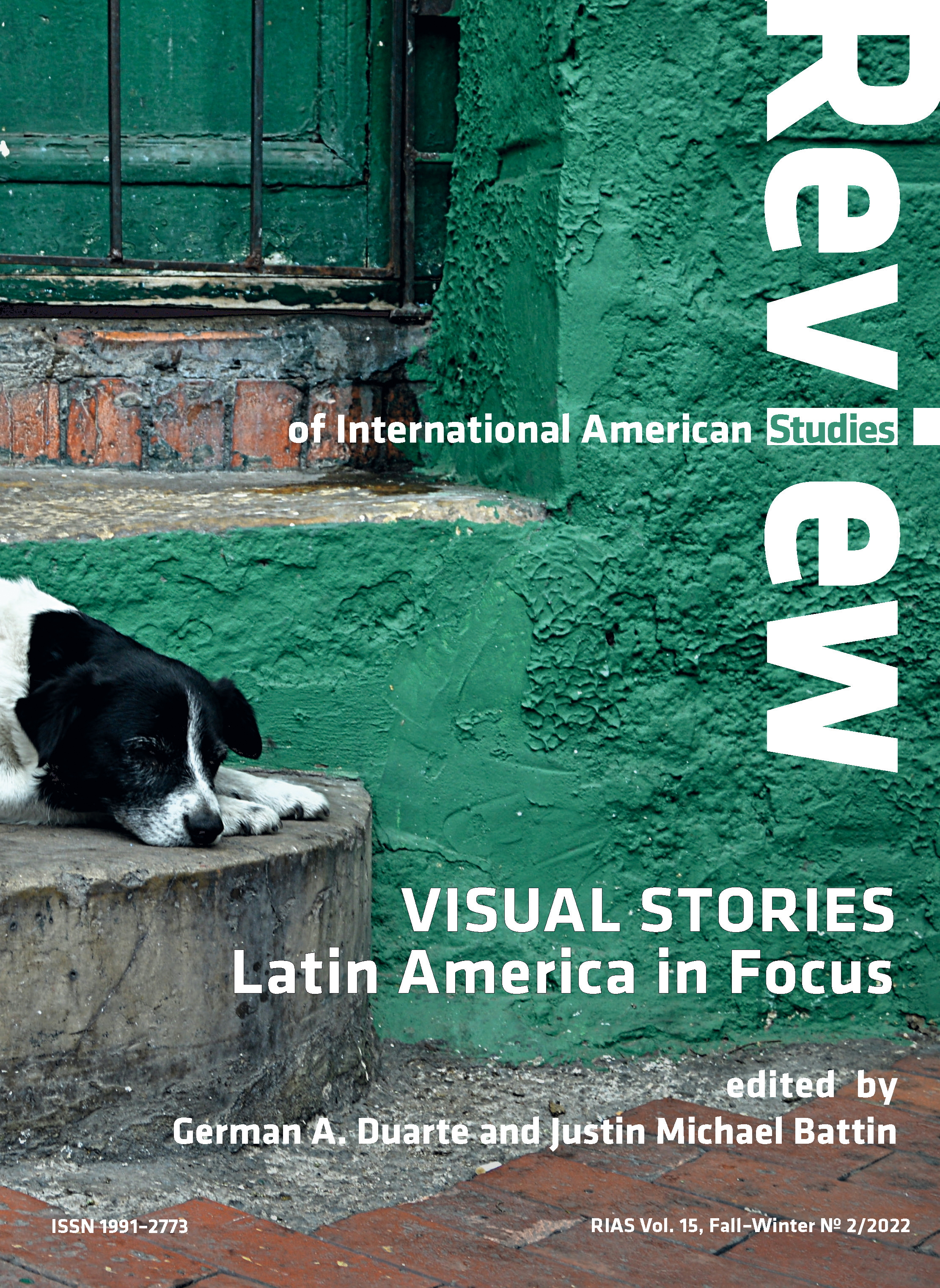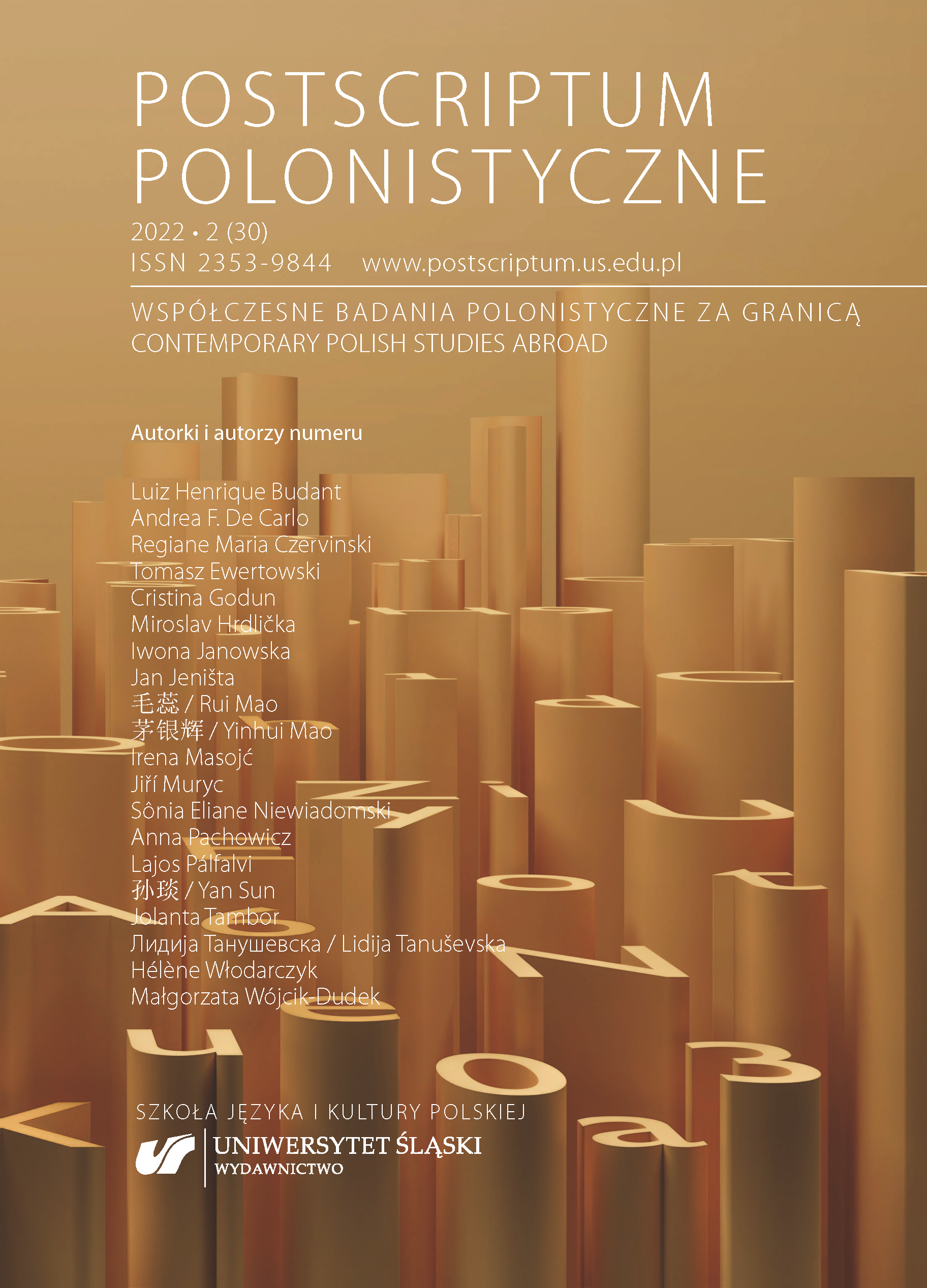Author(s): Cristina Godun / Language(s): Romanian
Issue: 2/2022
The practice of using literary texts as auxiliary teaching materials in the process of teaching a foreign language has a long tradition. Culture texts can illustrate Polish reality and present linguistic issues in an attractive and accessible way. Therefore, this paper assumes that the use of the didactic and functional potential of a literary text during the classes of Polish as a foreign language contributes not only to diversification of the didactic activity by awakening and cultivating interest in the language and culture being learned, but also to improvement of the learning process. It also stimulates the interest of students in specific Polish cultural phenomena. In addition to aesthetic values, the literary text offers expressive images of the Polish society, mentality and spirituality over the centuries, being an invaluable source of knowledge about the essence of Poland through the decoding and interpretation of socio-cultural codes and ethno-national or identity symbols. The aim of the paper is to discover what elements of Polish culture and civilization are found by Romanian students in the short story Green Children by Olga Tokarczuk. The narrative universe of Olga Tokarczuk is often inhabited by real characters, special individuals who existed in reality at some point, covered by oblivion, but being unusual during their lifetime. Olga Tokarczuk brings them out of the basket of history, reinterprets them, gives them a chance for a new life, and, above all, gives them a voice, thus bringing them back to the present day. In the Books of Jacob, we rediscover, among other people, Józef Andrzej Załuski (bibliophile and bibliographer), Andrzej Stanisław Załuski (patron of the arts), Benedykt Chmielowski (the first Polish encyclopedist) and Elżbieta Drużbacka (the baroque poet). In Green Children, William Davidson was a Scottish physician, chemist, and biologist. Through his eyes, we discover the political, social, and cultural realities of those times. Through Davidson, we can draw out and discuss the elements of old Polish culture and civilization, such as the situation in the political arena, internal tensions between the king and the gentry, the relationships between such concepts as center and periphery or between “I” and “the other”, the interesting phenomenon of plica polonica, or echoes of Sarmatian ideology.
More...
